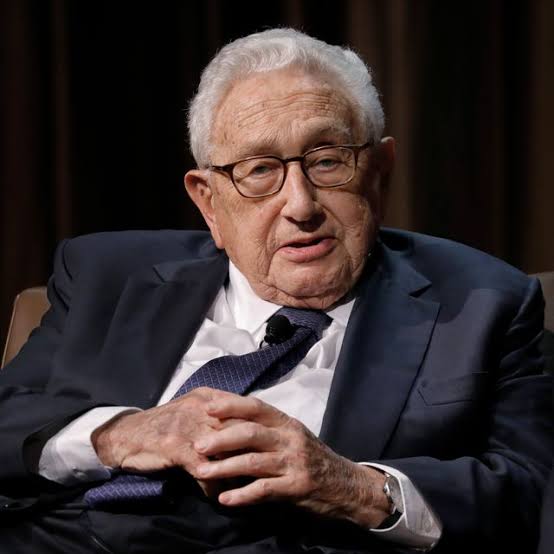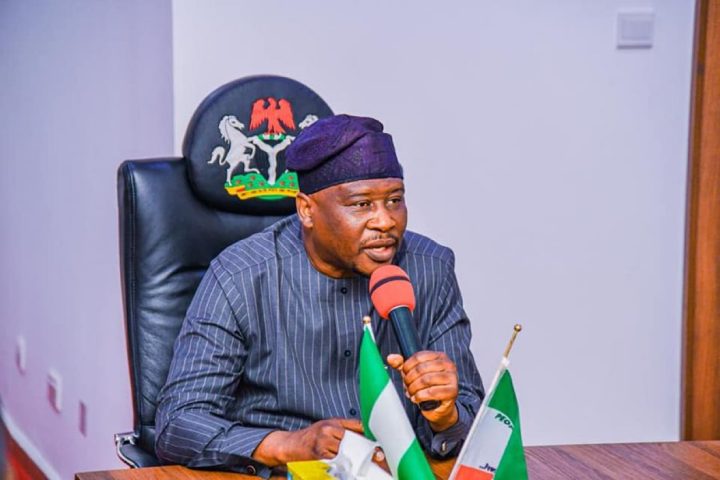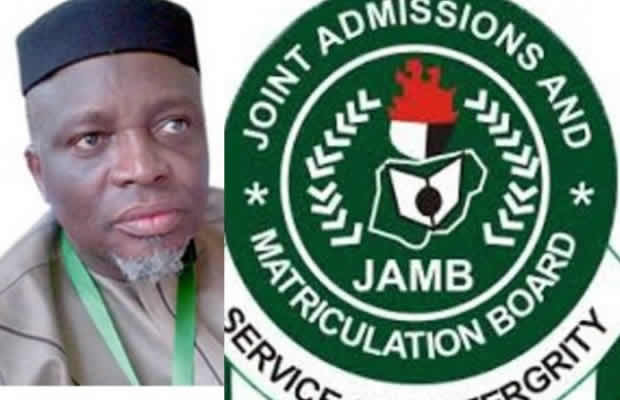Henry Kissinger, whose roles as a national security adviser and secretary of state under two United States presidents left an indelible mark on U.S. foreign policy and earned him a controversial Nobel Peace Prize, died Wednesday at age 100.
The diplomatic powerhouse died at his home in Connecticut, according to a statement from his geopolitical consulting firm, Kissinger Associates Inc. No mention was made of circumstances leading to his demise.
Join our WhatsApp ChannelIt said he would be interred at a private family service, to be followed at a later date by a public memorial service in New York City.
He was known for his practice of “realpolitik” — engaging with the world based on practical objectives rather than moral ideals — and was credited with the secret diplomacy that helped thaw U.S. relations with China. But he was also accused of alleged war crimes for the bombing of Cambodia during the Vietnam War, backing Pakistan’s genocide in Bangladesh, and green-lighting the Argentine dictatorship’s “dirty war” against dissidents.
During the 1970s in the midst of the Cold War, he had a hand in many of the epoch-changing global events of the decade while serving as national security adviser and secretary of state under Republican President Richard Nixon.
His efforts led to the U.S. diplomatic opening with China, landmark U.S.-Soviet arms control talks, expanded ties between Israel and its Arab neighbors, and the Paris Peace Accords with North Vietnam.
Kissinger’s reign as the prime architect of U.S. foreign policy waned with Nixon’s resignation in 1974 amid the Watergate scandal. Still, he continued to be a diplomatic force as secretary of state under Nixon’s successor, President Gerald Ford, and to offer strong opinions throughout the rest of his life.
Ford called Kissinger a “super secretary of state” but also noted his prickliness and self-assurance, which critics were more likely to call paranoia and egotism. Even Ford said, “Henry in his mind never made a mistake.”
“He had the thinnest skin of any public figure I ever knew,” Ford said in an interview shortly before his death in 2006.
Born Heinz Alfred Kissinger in Furth, Germany, on May 27, 1923, he moved to the United States with his family in 1938 before the Nazi campaign to exterminate European Jewry.
Anglicizing his name to Henry, Kissinger became a naturalized United States citizen in 1943, served in the Army in Europe in World War Two, and attended Harvard University on a scholarship, earning a master’s degree in 1952 and a doctorate in 1954.
He was on Harvard’s faculty for 17 years. In 2021, at the age of 98, Kissinger co-authored a book on artificial intelligence with former Google CEO Eric Schmidt and MIT computer scientist Daniel Huttenlocher.
The German-born Jewish refugee had been active past his centenary, attending meetings in the White House, publishing a book on leadership styles, and testifying before a Senate committee about the nuclear threat posed by North Korea.
“I work about 15 hours a day,” he had told the media weeks before turning 100, expressing confidence that world leaders like China’s Xi Jinping or Russia’s Vladimir Putin would likely take his calls. In July 2023 he made a surprise visit to Beijing to meet President Xi.
















Follow Us